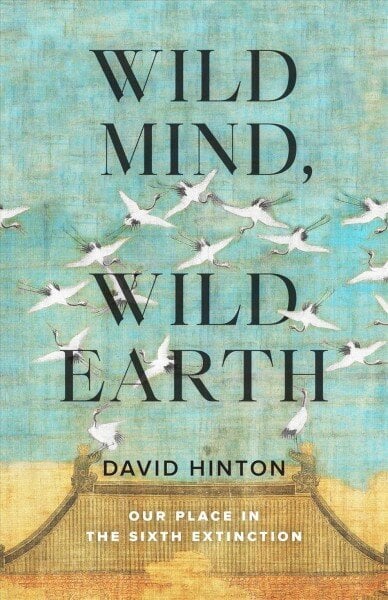"Is planetary healing possible through the wildness of our own minds? This literary exploration of ancient Chinese spirituality and modern Western environmentalism plumbs the radical and promising kinship between mind and nature. Renowned translator and author David Hinton discovers parallels between the writings of ancient Chinese poets and Ch'an (Zen) masters and those of landscape poet Robinson Jeffers (1887-1962) and other ecologically minded Western writers. These two bodies of work, though centuries apart, point to the deep wound inevitably caused by dualistic views of humanity and nature-and raise the prospect of removing the illusion of separation. Through Hinton's insightful commentary on some of the most well-known romantic and Modernist poets and environmental writers of the past two centuries, he presents a vision of humanity's relationship to nature as complete, of a singular being, and interconnected. Explored alongside the works and ideas of a collection of classical Chinese poets, Hinton highlights the particular cultural formations and assumptions that have led us to our current state of ecological crises. In this way, he shows that transformation is possible through uncovering our "wild mind." This means opening ourselves up to a deep state of mutuality and love, as is reflected in the ecologically inclusive vision of the Cosmos by the ancient Chinese poets and Chan masters. We may yet find the inspiration to heal our living planet if we understand that the sixth great extinction event now unfolding around us is at its root a spiritual and philosophical problem. "It is the assumptions defining us and our relation to the earth that drive the destruction," writes Hinton. "The wound that insists we are radically different and qualitativelymore valuable than the rest of existence. We love this world, and there is an unnoticed philosophical revolution inherent in that love.""--
Exploring the confluence of ancient Chinese spirituality and modern Western environmental thought, Wild Mind, Wild Earth reveals the unrecognized kinship of mind and nature that must be reanimated if we are to end our destruction of the planet.Earth is embroiled in its sixth major extinction event—this time caused not by asteroids or volcanos, but by us. At bottom, preventing this sixth extinction is a spiritual/philosophical problem, for it is the assumptions defining us and our relation to earth that are driving the devastation. Those assumptions insist on a fundamental separation of human and earth that devalues earth and enables our exploitative relation to it.In Wild Mind, Wild Earth, David Hinton explores modes of seeing and being that could save the planet by reestablishing a deep kinship between human and earth: the insights of primal cultures and the Ch’an (Zen) Buddhism of ancient China. He also shows how these insights have become well-established in the West over the last two hundred years, through the work of poets and philosophers and scientists. This offers marvelous hope and beauty—but like so many of us, Hinton recognizes the sixth extinction is now an inexorable and perhaps unstoppable tragedy. And he reveals how those primal/Zen insights enable us to inhabit even the unfurling catastrophe as a profound kind of liberation. Wild Mind, Wild Earth is a remarkable and revitalizing journey.
